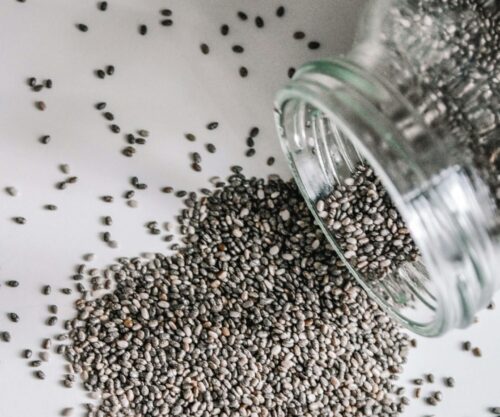
A woman’s body is precious and has the ability to nurture and carry lives for months. There are many myths about women’s bodies and how they function. We tackle five of the common myths about women’s bodies with the help of the woman’s clinic.
Women’s bladders are smaller than men’s
Despite the differences in size, women tend to have the same size bladder as men. The difference in capacity and frequency of urination actually relates to the position of the bladder and adjacent organs, not the bladder’s size.
The vagina is permanently stretched during childbirth
During childbirth, the vaginal canal stretches out and slowly returns to normal after the recovery process. The vaginal opening of those who tear and receive stitches during childbirth may even be smaller after the recovery period.
A second pregnancy is just like the first
No two pregnancies are the same. Every pregnancy is unique and follows its own path. Your past pregnancy experiences may be considered by your doctor as he/she observes your progress, but it is possible for you to experience a pregnancy totally different than your previous pregnancy. You may have had an easy first pregnancy and then have a complicated second or vice versa.
Skipping your period with birth control is harmful
Birth control pills usually include one week of placebo pills; these allow you to experience a normal menstrual cycle. In cases where one wants to skip a period while on birth control pills, they may skip the placebo pills by jumping right to the new series of the pills. Though this may not yield any side effects, it is always advised to consult with your doctor on matters concerning your body and health.
A vaginal discharge is always a bad sign
A clear or milky white vaginal discharge that sometimes changes in consistency and amount throughout your cycle is normal. This process is associated with the vagina’s ability to clean and expel old cells and mucus. If, however, the colour of the discharge is far from these colours and the discharge has a smell, you need to consult your healthcare practitioner.
Also see: 10 health checks every woman should have




